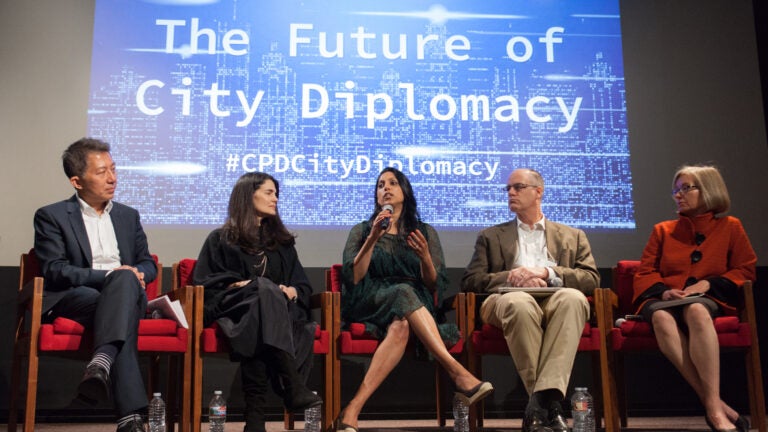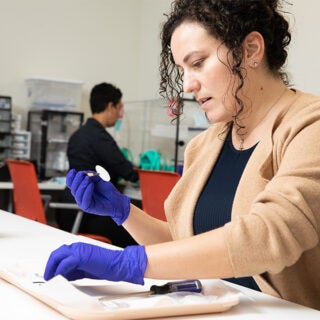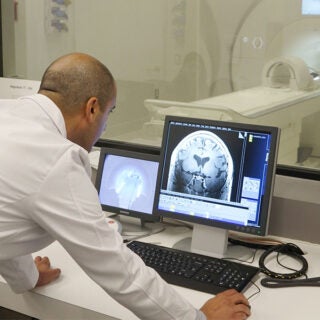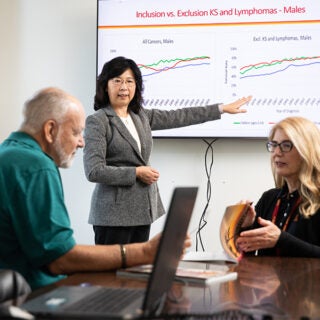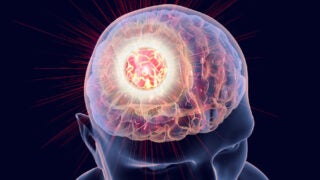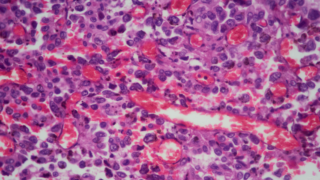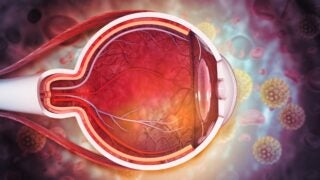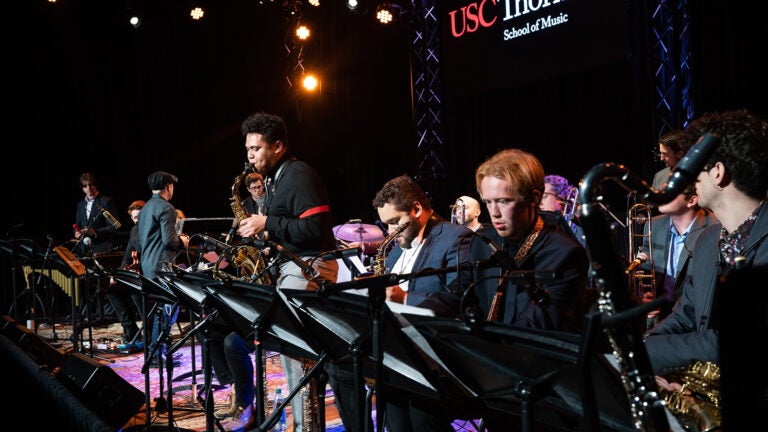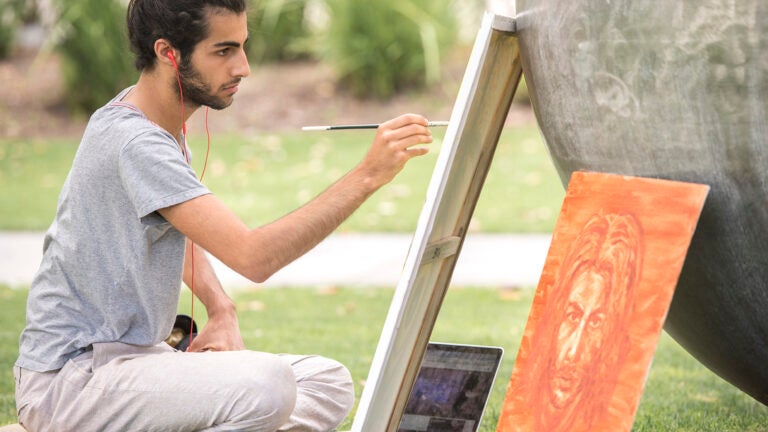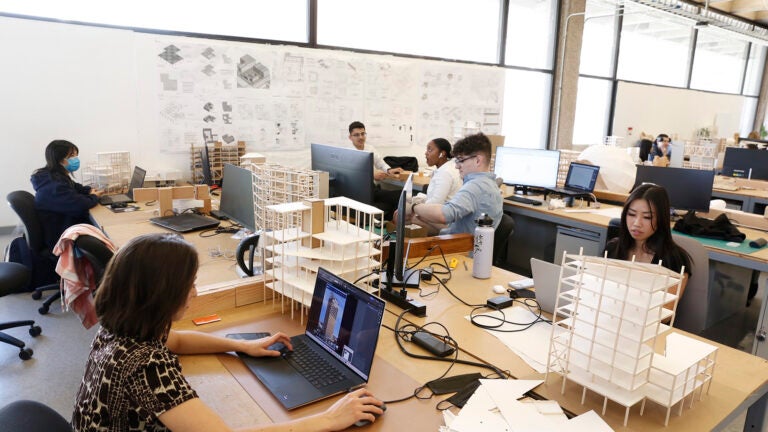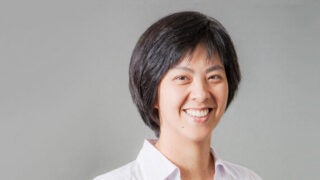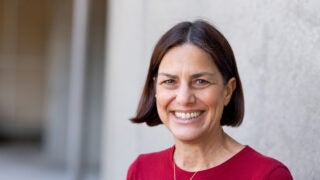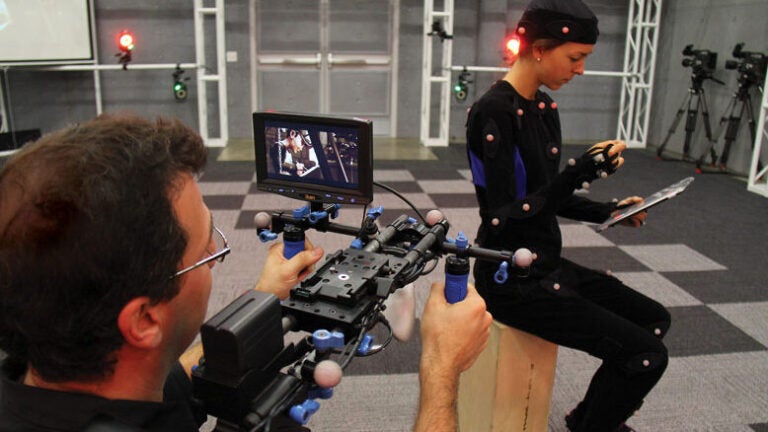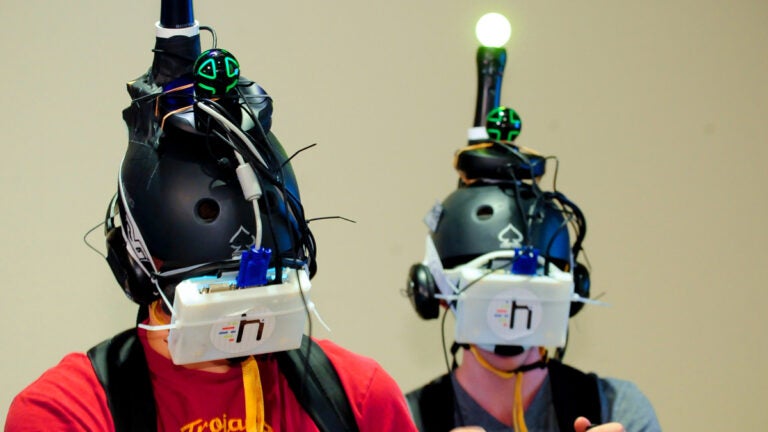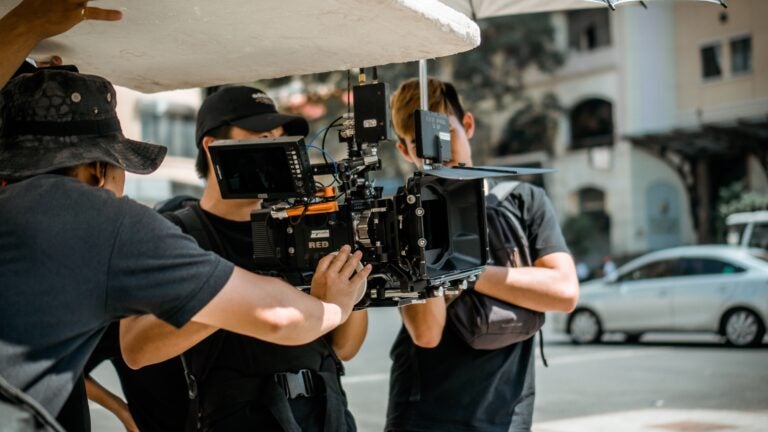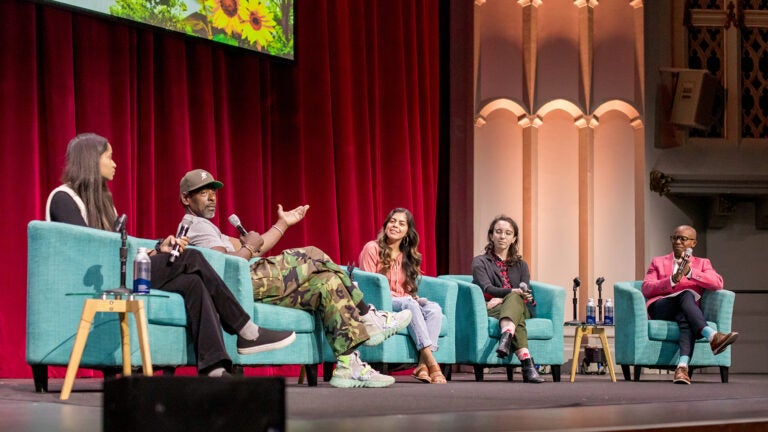Our Impact
There is no more powerful mission than truly creating change. The USC community — faculty, students and staff — work side by side with partners in Los Angeles to solve immediate problems, creating a constellation of people and networks collaborating toward the public good. Worldwide, our efforts address global health inequities, develop leadership and research in key cultural areas, train diplomats from myriad countries and more.
Inventing Solutions
Exploring Medical Frontiers
Creating New Knowledge
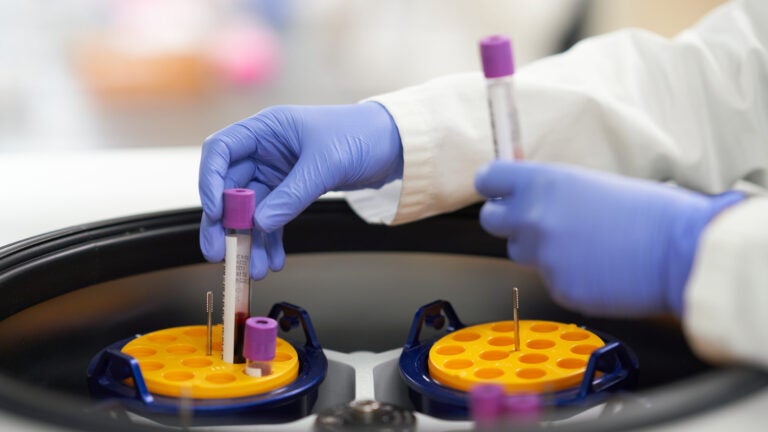
Discovery, Creativity, Impact
USC is a premier research institution that provides a steady stream of new knowledge, art and technology. It has more than $1 billion in annual research expenditures, with the largest graduate program in science, engineering and health of all private research universities.
Research Highlights
From unexpected climate solutions to unearthing truths about today’s information ecosystem and more, USC researchers roll up their sleeves for the problems of today.
Could electric fields supercharge immune attack on the deadliest form of brain cancer?
USC-led research finds that an electric field device placed on the scalp, along with immunotherapy and chemotherapy, may help patients with glioblastoma live longer.
USC researchers develop low-cost blood test for early Alzheimer’s detection
In a proof-of-concept study, the test detected five key biomarkers of Alzheimer’s disease — more than current commercially available blood tests can measure.
Breakthrough procedure opens new opportunities in quantum research
A new USC-developed technique enhances quantum sensing by counteracting the limitation of decoherence, unpredictable behavior caused by environmental noise.
How AI and genomics are personalizing cancer treatment
USC-led study uses AI to analyze genetic mutations and improve cancer treatment strategies
USC team to receive $3.4 million federal women’s health grant
The money will fund Keck School of Medicine of USC research to test an innovative therapy to slow age-related cognitive decline.
$6 million grant advances potential treatment for common cause of vision loss
The funding supports USC research into a therapy for dry age-related macular degeneration, a leading cause of blindness in older adults.

Creative Expression
Los Angeles is considered the “Creative Capital of the World.” With six major arts schools, USC is one of the city’s driving forces for new ideas and emerging talent, playing a prominent role in the film, television, music, architecture and arts industries.
Faculty Spotlight
USC’s award-winning scholars and researchers look beyond the ordinary to bring new, much-needed insights and developments to a rapidly changing world with complex needs. Within the health and medical fields, this has translated to a wide range of breakthroughs and discoveries that affect every aspect of our daily lives.
An influential force at USC, Ellis Meng explores the intersection between technology and medicine. Meng directs the Biomedical Microsystems Laboratory, which specializes in advancing medicine using microsystems technologies. She is associate professor of biomedical and electrical engineering and chair of USC’s Women in Science and Engineering program.
Working in genetics since 1995, Marlena Fejzo’s research focuses on conditions and diseases that primarily affect women, including ovarian cancer, breast cancer and multiple sclerosis. Fejzo discovered the first genes associated with uterine fibroids, nausea and vomiting during pregnancy known as hyperemesis gravidarum. She is a science advisor and board member for the global nonprofit Hyperemesis Education and Research Foundation.
Paul Aisen is founding director of the Alzheimer’s Therapeutic Research Institute and professor of neurology. A distinguished Alzheimer’s researcher for over two decades, Aisen pioneers novel methodologies and extensive therapeutic trials to advance understanding of the continuum of Alzheimer’s disease, from the long pre-symptomatic phase through cognitive and functional decline.

